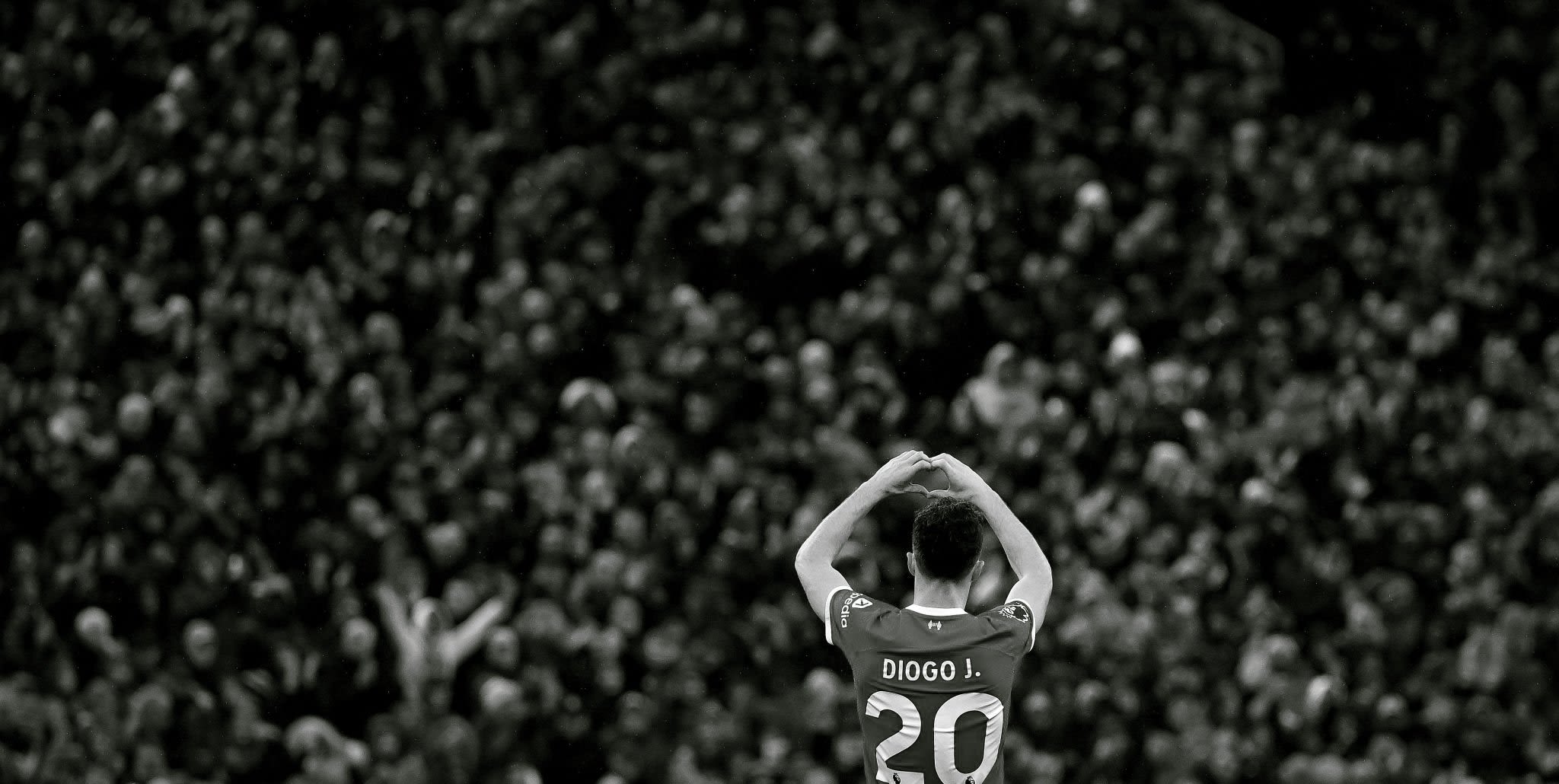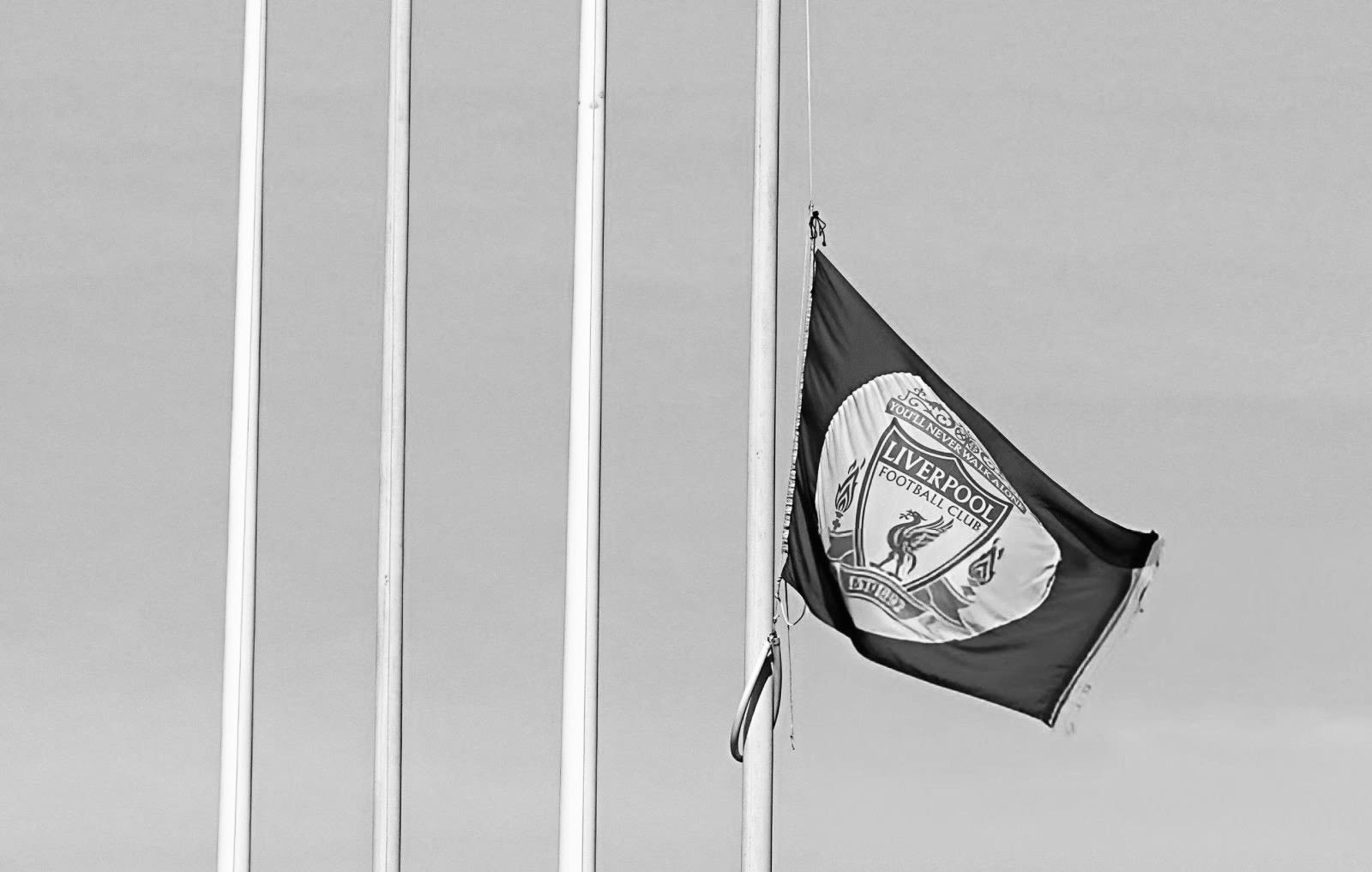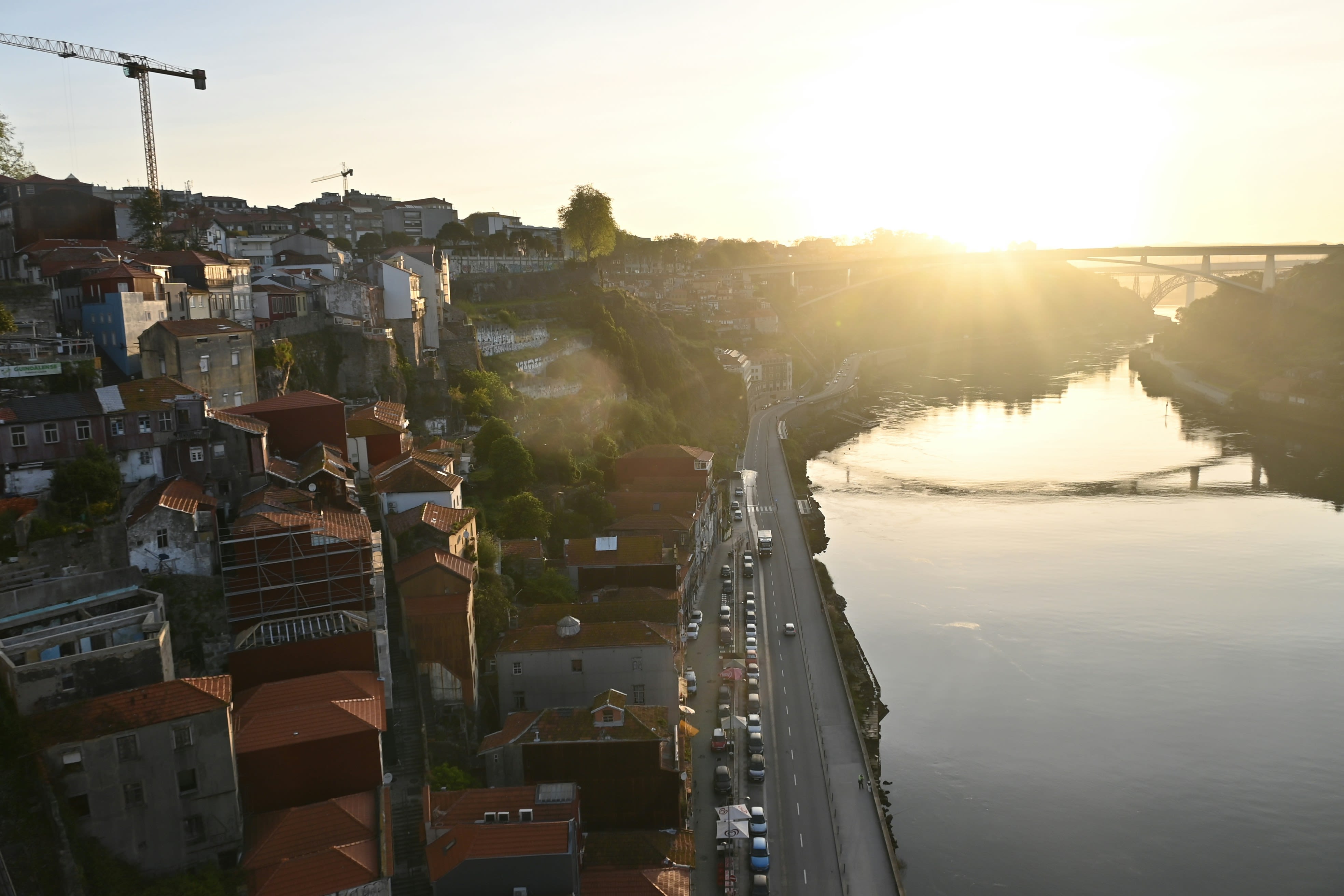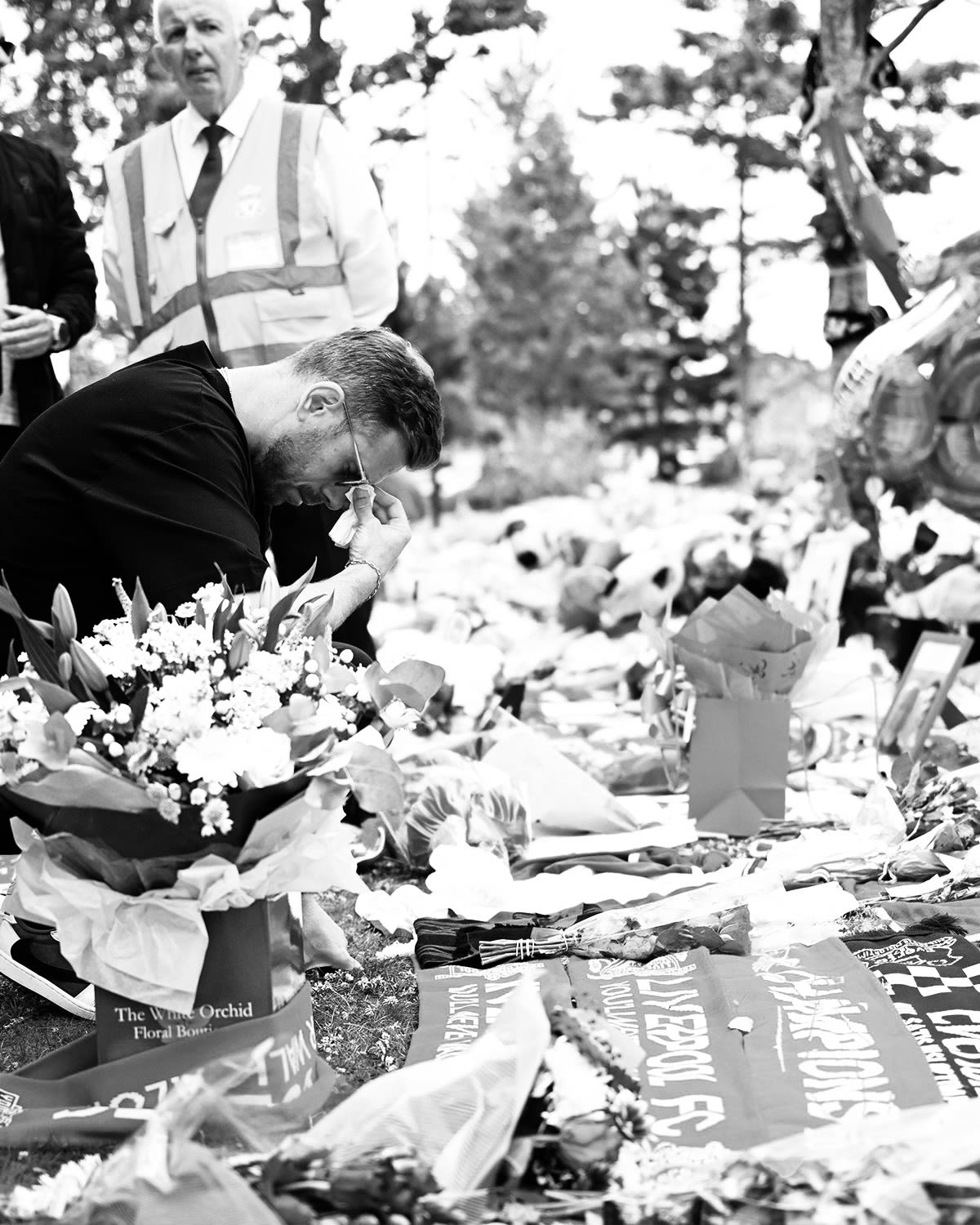His Name is Diogo.
By Matt Hennessey
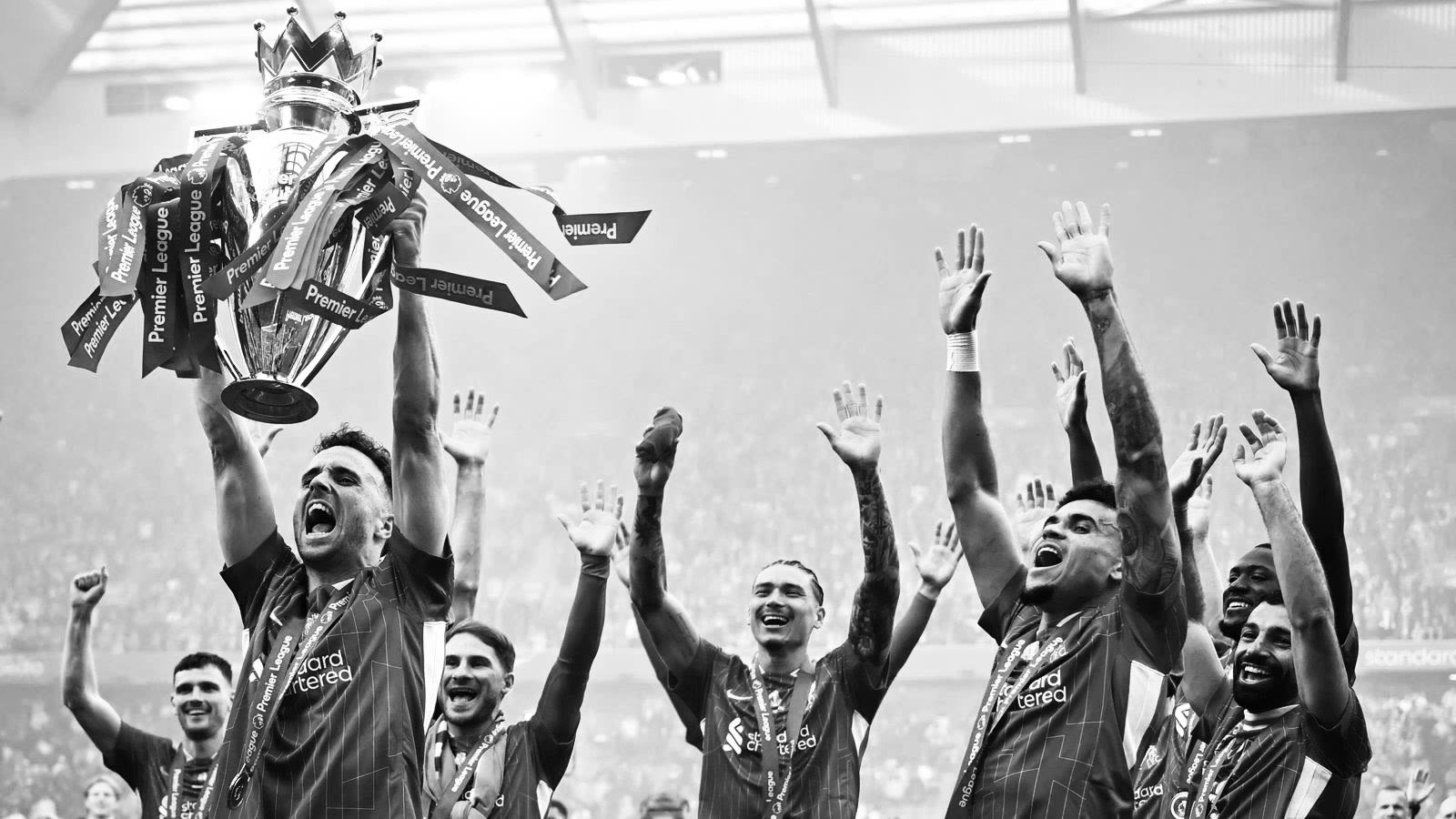
This is not a football story.
It is the story of a young man killed beside his brother on a Spanish road, days after his wedding, leaving behind a wife and three children. It is the story of parents who will bury two sons. Of teammates who awoke to unthinkable news. There is no chant, no shirt pulled tight across the chest, no club crest kissed in triumph that can make sense of this. It exists outside the grammar of sport. It belongs to grief.
Grief arrives like a sequence without rhythm. It can be orderly in theory - denial, anger, bargaining, depression, acceptance - but in truth, it is often anarchic. It staggers into the soul uninvited, rewinds and repeats, finds no logical arc. Some are shattered instantly. Others feel numb for days, as if waiting for permission to collapse. The deaths of Diogo Jota and his brother, André Silva, and the near-impossible sorrow visited upon his young family, has called forth this dreadful procession in thousands. Not just those who knew him, but those who feel this absence as something intimate, even from what may strange for some, from afar.
What has emerged in the days since is something rarely so visible and so nearly unanimous in the ever-divided world of football: a quiet, aching unity. The flags have lowered in Liverpool, Wolverhampton, Porto, Gondomar and beyond. Clubs issued statements, supporters penned tributes, teammates spoke not in platitudes of the sporting sense but in the pain of losing a genuine, loveable, humble human being. Across social media and stadiums, a genuine and heartfelt mourning has risen - one that resists irony, that swells not with noise but with decency.
Diogo Jota's former captain Jordan Henderson paying tribute outside Anfield on Friday
Diogo Jota's former captain Jordan Henderson paying tribute outside Anfield on Friday
There is something instructive in that. For all the fractiousness that football foments, it still knows, at its best, within its structures and apparatus, how to feel. And how to honour those feelings properly. The vast majority of those who responded did so with humility, their words faltering under the weight of reality, as they should. They did not reach for metaphor or distraction, only for humanity. That, in its own way, is a kind of triumph.
And yet, even here, in the midst of the rawest of tragedies, outside those traditional apparatus of the sport, some adrift in the Desolation Row that is the world of social media could not hold their tongue.
This is not to conflate all expressions that were made online. It's important to distinguish that not all messages shared were insincere. On the contrary, and let it be said, the overwhelming majority were heartfelt, moving and anchored in pain and sympathy. Indeed, they were written, understandably, in heart-wrenching disbelief, stumbling for language that could shoulder the enormity of what had happened. They came from fans, players, and writers, many of whom meant every tortured word. From Merseyside, to the Black Country, to the Costa Verde in Portugal, and beyond.
As some responded with heartache. Others, jostling for attention, responded with habit. It is the latter that this piece must confront.
Within minutes, the hashtags, graphics, and declarations arrived. “Rivalries aside,” some said, as if mourning carried added virtue when it transcended tribal lines. Elsewhere, meme accounts posted solemn tributes, flat in tone and hollow in feeling, framing heartbreak within the aesthetic of engagement. The unedifying machinery had already begun to turn.
Lamentably, in a culture (and algorithm) that rewards maligned visibility over ruminated stillness, even genuine sentiment is too often swept aside by the tide of performance of the insincere. Grief becomes the gesture. Loss becomes the backdrop to fill the content cycle. Mourning is seen, tagged, and shared - not always because it should be, but because that is what they do now. They, the faceless, the anonymous, begging to be heard.
An example of the ghoulish attempts of sincerity of 'banter' accounts online
It is not always cruel. It is worse than that - it is reflexive. Malevolent muscle memory. The impulse for some who have no real need to comment, to centre oneself in the mourning of another, is now baked into the way they behave online. Not always out of malice, they have moved beyond that because they have grown used to seeing themselves as the lens through which everything must pass. It is not a sickness of the heart, but of the mirror.
An online impersonator of Jota's former Wolves and Portugal teammate, Pedro Neto, in a tasteless cosplaying of grief.
And there is a quieter dread that you can see from afar, that accompanies the sorrow: the knowledge, unspoken but not unimaginable, that some of these accounts may not leave this pain untouched. That in the weeks to come, amid the chants and the jeers, there may be those who try to turn this young man’s death into provocation. To find in it the raw material for tribal spite. It has happened before. It may happen again. And the mere plausibility of that should trouble us deeply.
But what does that say about such a platform? What does it say about us?
That we can even foresee such a response is an indictment enough. That we expect it with a weary shrug, that’s worse still. Maybe it's the numbness of it all, but we have built a culture where even tragedy can be mined for noise. Where cruelty is woven into the ritual of the game, and where sorrow is consumed like everything else: quickly, loudly, and always with themselves at the centre. One can only hope this doesn't play out and these worst fears are not realised.
But there are moments of grace. It serves as a balm for a fractured soul to look to Neil Atkinson’s tribute for The Anfield Wrap, which stood apart. It resisted the urge to explain, to trend, to distil. It simply bore witness. It remembered Diogo Jota not as a profile or a player, but as a presence. The man, the dad, the husband, the son, who is now absent. So tragically, absent.
Atkinson and his team at TAW have the tact and deftness when navigating such issues. Regrettably, after Hillsborough Disaster tragedy chanting, Paris final issues, parade attacks and now this siesmic shock, it's becoming an all too familiar leadership role they have to play. One can only hope that those who shoulder such burdens are themselves afforded care.
As ever Neil Atkinson found the words to articulate for a Liverpool fan-base in search of comfort
This very piece you're reading may not escape the same scrutiny it describes. To write in grief’s shadow is to risk joining the chorus. But let these words not be a statement - only a hope. That somewhere, amid the noise, there remains space for dignified reflection. For sincere solemnity and consideration. For remembering what truly matters. His name is Diogo.
"Vivemos enquanto somos lembrados."
RIP, Diogo and André Silva. YNWA
